
Corrie ten Boom

Corrie ten Boom was the epitome of a person who lived life providentially. Arrested and imprisoned in Germany during World War II for hiding and aiding Jews, she encouraged others to “never be afraid to trust an unknown future to a known God”.
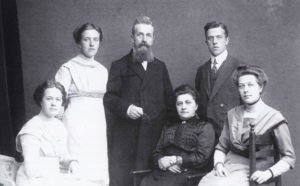 The entire Ten Boom household considered Jesus a member of their family. Corrie’s parents, her brother Willem, sisters Betsie and Nollie, and three maternal aunts gathered daily around an oval table in the dining room at the Beje, their house in Haarlem. Conversation flowed naturally into prayer. Corrie’s father, Casper ten Boom, a jeweler and watchmaker, demonstrated gratitude, anticipation of the second coming of Christ, and a personal relationship with the Lord.
The entire Ten Boom household considered Jesus a member of their family. Corrie’s parents, her brother Willem, sisters Betsie and Nollie, and three maternal aunts gathered daily around an oval table in the dining room at the Beje, their house in Haarlem. Conversation flowed naturally into prayer. Corrie’s father, Casper ten Boom, a jeweler and watchmaker, demonstrated gratitude, anticipation of the second coming of Christ, and a personal relationship with the Lord.
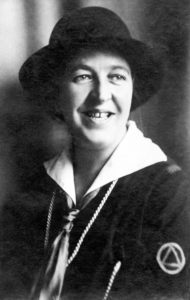 At the ten Boom home behind a false wall, a secret room or hiding place for six to eight adults was constructed in Corrie’s bedroom. Everyone in the household practiced drills in the event of a Nazi search. Corrie used a special sign placed in a window of the Beje to communicate with underground workers, including a group of young Dutchmen she enlisted to help her. One man whom the ten Booms helped betrayed them to the German police. The Jews in the hiding place were safe, but Corrie, her father and Betsie were taken to the police station and subsequently to German prison where the elderly Casper ten Boom died a few days later. 92,000 women died in Ravensbruck, a Nazi concentration camp, including Betsie.
At the ten Boom home behind a false wall, a secret room or hiding place for six to eight adults was constructed in Corrie’s bedroom. Everyone in the household practiced drills in the event of a Nazi search. Corrie used a special sign placed in a window of the Beje to communicate with underground workers, including a group of young Dutchmen she enlisted to help her. One man whom the ten Booms helped betrayed them to the German police. The Jews in the hiding place were safe, but Corrie, her father and Betsie were taken to the police station and subsequently to German prison where the elderly Casper ten Boom died a few days later. 92,000 women died in Ravensbruck, a Nazi concentration camp, including Betsie.
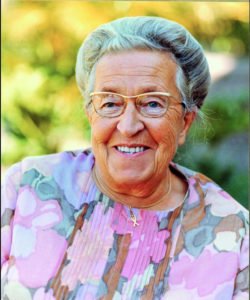 She ministered to people who had been traumatised by war, recognising the need for forgiveness in their healing because of her own experiences. At a church service Corrie encountered a German guard from Ravensbruck and, through God’s grace, forgave him. She also wrote a letter of forgiveness to Jan Vogel, the man who betrayed her family to the Nazis. The incarcerated held a special place in her heart, so she created a film called “One Way Door.” In the film she personally addresses individuals who are imprisoned, since she herself had experienced months of solitary confinement in a German prison.
Corrie wrote many books, however her most famous is The Hiding Place (1971) in which she tells the story of the ten Boom family’s faith and courage during WWII and her experiences in the inhumane concentration camps. In 1975, the movie The Hiding Place was released by World Wide Pictures, an offshoot of the Billy Graham Evangelistic Association.
In the 1960’s Corrie ten Boom recorded a series of forty radio programs proclaiming God’s healing love to the Dutch. Trans World Radio discovered the archived messages decades later. They were translated into English and published as I Stand at the Door and Knock: Meditations by the Author of The Hiding Place.
Cornelia Arnolda Johanna ten Boom, known as Corrie or Tante Corrie in her later years, died in 1983 at the age of ninety-one, on her birthday. Her life had come full circle.
She ministered to people who had been traumatised by war, recognising the need for forgiveness in their healing because of her own experiences. At a church service Corrie encountered a German guard from Ravensbruck and, through God’s grace, forgave him. She also wrote a letter of forgiveness to Jan Vogel, the man who betrayed her family to the Nazis. The incarcerated held a special place in her heart, so she created a film called “One Way Door.” In the film she personally addresses individuals who are imprisoned, since she herself had experienced months of solitary confinement in a German prison.
Corrie wrote many books, however her most famous is The Hiding Place (1971) in which she tells the story of the ten Boom family’s faith and courage during WWII and her experiences in the inhumane concentration camps. In 1975, the movie The Hiding Place was released by World Wide Pictures, an offshoot of the Billy Graham Evangelistic Association.
In the 1960’s Corrie ten Boom recorded a series of forty radio programs proclaiming God’s healing love to the Dutch. Trans World Radio discovered the archived messages decades later. They were translated into English and published as I Stand at the Door and Knock: Meditations by the Author of The Hiding Place.
Cornelia Arnolda Johanna ten Boom, known as Corrie or Tante Corrie in her later years, died in 1983 at the age of ninety-one, on her birthday. Her life had come full circle.
CORRIE’S EARLY LIFE
Evangelist, inspirational leader, author and committed Christian; Corrie ten Boom’s life began in Amsterdam, Netherlands, on April 15, 1892. As an infant she was christened in the Dutch Reformed Church. At five years old she opened the door of her heart to Jesus Christ. Observing Corrie playing house, her mother, recognising a sensitive moment, explained that Jesus was standing at Corrie’s door. Putting her hand inside her mother’s, Corrie invited Him in.
Corrie ten Boom with her family
LEARNING TO LOVE GOD’S WAY
Corrie experienced heartbreak as a young woman when the man she thought she would marry, following his parent’s wishes, announced his engagement to a woman of wealth. Corrie’s father encouraged her to ask God for another route for her love to travel. Corrie realized the Lord had other plans for her life and she never married. Her belief in the sovereignty of God took root and she began to grow in the knowledge of her faith. She loved to travel and attend Bible conferences. In her early twenties she received a Bible school diploma. As soon as World War I ended Corrie and her sister looked for ways to help German children, who were suffering from malnutrition, and later took in the children of Dutch missionaries. The ten Boom family fostered seven children at one time in the Beje. Corrie had always helped her father in his shop, and at the age of thirty-two she became the first licensed woman watchmaker in Holland. Reaching out to others, Corrie and her sister, Betsie, began a Church Walk Club for teenage girls. Soon other Haarlem’s Girls’ Clubs were formed, including the Triangle Girls, a Christian Girl Scout movement which Corrie piloted. The purpose of the clubs was to teach the girls the Gospel along with fun activities such as gymnastics. Storytelling using visuals was a big factor. Club leaders were taught Biblical principles and speaking skills, which foreshadowed Corrie’s accomplishments as a dynamic speaker in her later years.CARING FOR GOD’S PEOPLE
During Hitler’s reign in Germany Corrie’s family sheltered Jews, ultimately saving hundreds or more. They also secured coupons and false identity cards for Jewish refugees and helped people in the resistance movement. Both Corrie’s father and her grandfather had instilled in her a love and respect for the Jewish people. For identification, Jews were required to wear a yellow star sewn to their clothing. Corrie’s father chose to be wear one as well, even though it put him at great risk.
Corrie ten Boom as a young woman
CORRIE SET FREE
Corrie often referred to Psalm 31:15 which says “My times are in your hands; deliver me from the hands of my enemies, from those who pursue me”. She was delivered from Ravensbruck concentration camp just before New Year’s Day 1945. She walked out a free woman, made her way back to Holland and spent ten days in a nursing home, only to discover that one of the nurses had been a former Girls Club leader who was happy to care for her and nurse her back to health. Years later Corrie learned she had been discharged from Ravensbruck because of a clerical error. Every other female prisoner her age had been sent to the gas chamber just after her release. In 1945 Corrie ten Boom opened a rehabilitation home in Holland for prisoners of the concentration camps. The house donated for the service was the fulfillment of a prophetic dream Betsie had while in prison.A WORLD-WIDE MINISTRY
In obedience to God’s call after World War II, Corrie traveled to sixty-four countries sharing the love of Jesus and the message of forgiveness. She became what she called a “tramp for the Lord” and wrote a book by the same name in 1974. Many times she did not know where she would unpack her bags or how she would pay for her passage. But God, in His providence, always met her needs. She lived a life surrendered to Him and experienced many miracles.
Corrie ten Boom


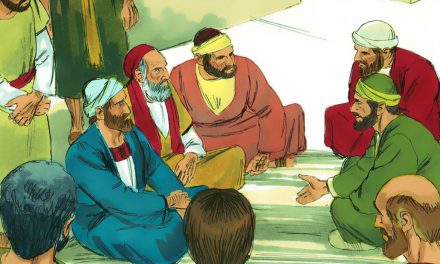



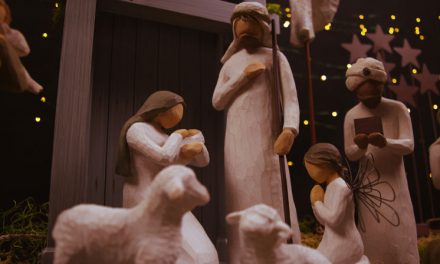



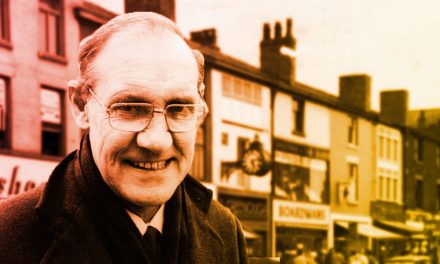


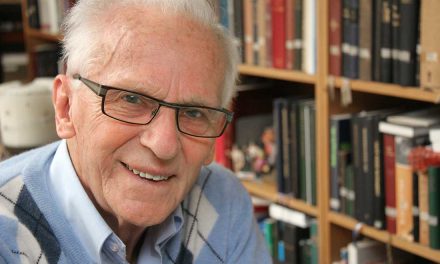
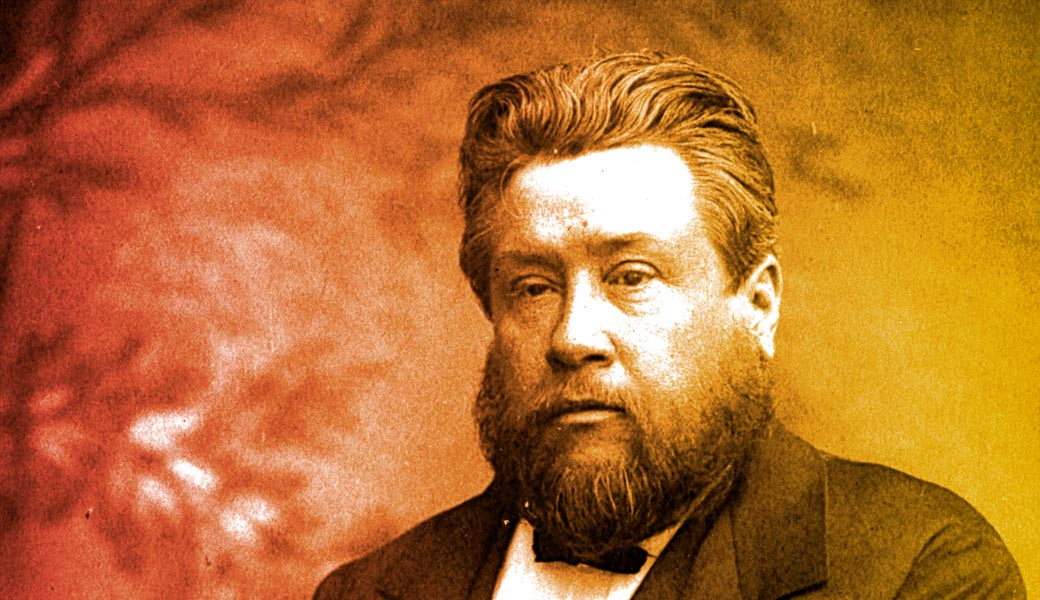

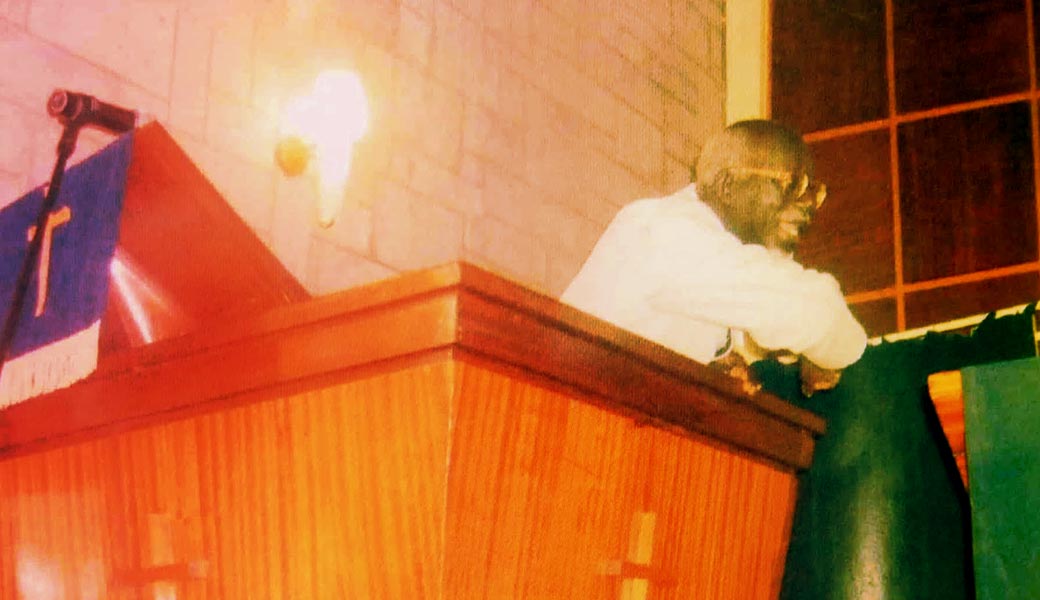



Great article Sandra Hopkins. Corrie ten Boom has been such an inspiration to many.
Corrie ten Boom was a great inspiration to me as a child. I was read the Hiding Place, and was given my own copy of the book when I was 11. It is amazing to see how great the love of God is, that even in the darkest hours, still his Love is with us. I highly recommend that anyone who would like to know more about Her work that she did among the Jews read the book The Hiding Place. Also, thanks for the article, it is very well written.